Sucralose CAS 56038-13-2
Product Name: Sucralose
CAS No.:56038-13-2
Molecular Formula: C12H19Cl3O8
Molecular Weight:397.63
发送询盘
Description
Sucralose Quick Details
Product Name: Sucralose
Synonyms: ctopyranoside; 1,6-Dichloro-1,6-dideoxy-beta-D-fructofuranosyl 4-chloro-4-deoxy-alpha-D-galactose
CAS No.: 56038-13-2
Chemical Structure: ?
Molecular Formula: C12H19Cl3O8
Molecular Weight: 397.63
Sucralose Specification
Test item
Specification
Identification
In HPLC, retained time of main peak complies to reference object
Appearance
White crystalline powder
Assay Content, %
98.0??102.0%
Loss on Drying, %
??2%
Specific Rotation,o
+84.0 o??+87.5 o
Ignited Residue,%
??0.7%
Hydrolysis products
(Chlorinated monosaccharides) ,%
??0.1%
Methanol,%
??0.1%
Heavy Metals,mg/kg
??10
Arsenic(As),mg/kg
??3
Lead,mg/kg
??1
Fe, mg/kg
??10
Related substances
(Other chlorinated disaccharides),%
??0.5%
Triphenylphosphine Oxide
150 mg/kg max.
PH (10% aqueous solution)
5.0-8.0
Total Plate Count, cfu/g
??250
Coliforms-MPN, MPN/g
??3
Yeast and Moulds, cfu/g
??50
E.Coli
Negative
Salmonella
Negative
Particle size
95% pass through 60 mesh
Conclusion:
The product meets the standard of FCCVII ,USP34, EP2368, EC231/2012(2008/60/EC), GB25531
Sucralose Packing?
25kg/fiber drum or carton, or as customer??s requirements.
Sucralose Applications
Sucralose is a non-calorie high-power sweetener made from sucrose.
Sucralose has been widely used in beverages, table sweeteners, ice cream, baked goods, chewing gum, coffee, dairy products, desserts, fruit juices, gelatin foods, puddings, sweet sauces, syrups, soy sauce, medicine, cosmetics and other industries.
Sucralose does not damage teeth, does not cause diseases like sucrose, fructose and maltose, and is not as low-sweet and high-priced as other nutritive sweeteners. It can be consumed by patients with obesity, cardiovascular disease and diabetes.
Sucralose Storage
Keep container tightly closed, store in a cool, dry, well-ventilated area.
| 5 |
|
0 |
| 4 |
|
0 |
| 3 |
|
0 |
| 2 |
|
0 |
| 1 |
|
0 |
- 2
- 2-diallylpent-4-en-1-amine
- 4
- 95-16-9
- Ammonium sulfamate
- Benzothiazole
- cas:67889-00-3ح2
- cas:83524-75-8 | pigment black 32
- cas:928836-00-4 | 2
- cas:932745-70-5 | 4
- Chemical Minerals
- Coconut diethanolamide
- Daily Chemicals
- discount
- for sale
- General pvc resin
- hexyl D-glucoside
- in stock
- Lauramidopropyl betaine
- LAURIC ACID MONOETHANOLAMIDE
- Petroleum Additives
- Plasticiser
- Ploymers
- price
- PVC
- quotation
- Raw Materal
- Remove term: Petroleum Additives Petroleum Additive
- SODIUM ETHYL 2-SULFOLAURATE
Related Products
Chemical Name: STODDARD SOLVENT
CAS No.: 64742-88-7
Appearance: Colorless or Light Yellow Liquid
Chemical Name: Sunflower oil
Synonyms: Organic Sunflower Oil; Helianthus annuus oil
CAS No.: 8001-21-6
Appearance:?Yellow Liquid
Assay: ??99.0%
Chemical Name: 1,1,2,2-Tetrachloroethane
Other Name: Tetrachlorethane
CAS No.: 79-34-5
Molecular Formula: C2H2Cl4
Molecular Weight: 167.85
Appearance: Liquid
Chemical Name: Disodium Hydrogen Citrate Sesquihydrate
Cas No.: 6132-05-4
Appearance:?White Powder
Assay??99%
Chemical Name: LOCUST BEAN GUM
CAS No.:9000-40-2
Molecular Fomula: C10H11ClN2O2
Molecular weight: 226.65954
Appearance: Off-white to light beige solid
Chemical Name: Ashwagandha Extract
Synonyms: Withania somnifera, ext.; Withania Somnefera Extract
CAS: 90147-43-6
Appearance: Brown
Chemical Name: Imazalil Sulfate
CAS No.: 58594-72-2
Molecular Formula: C14H14Cl2N2O.H2SO4
Molecular Weight: 395.26
Appearance: Solid
Hydrogenated lecithin is light yellow or milky white powder. Due to the use of catalysis and hydrogenation processes, the unsaturated chains of unsaturated fatty acids in the molecular structure of soybean lecithin disappear, thereby greatly improving the chemical stability, dispersibility, and emulsification of lecithin. It has decolorization and deodorization effects, which is more conducive to storage and preservation, and improves its role in medicine, high-end cosmetics, and light industry. It is especially suitable for intravenous fat emulsifiers and nutrients. It is used as a blood lipid emulsifier to prevent arteriosclerosis, and has the advantages of being easy to digest, easy to absorb, and almost not remaining in the internal organs.
Product name:HYDROXYPROPYL GUAR HYDROXYPROPYLTRIMONIUM CHLORIDE
Purity:99%
Appearance:Light Yellow Powder
Package:Customized according to customer needs.
Sample:Available
Chemical Name: Ammonium Iron(II) Sulfate
Synonyms: Diammonium iron bis(sulphate); iron (ii) ammonium sulfate
CAS No.: 10045-89-3
Molecular Formula: FeH5NO4S
Molecular Weight: 170.95
Chemical Name: delta-Cyclodextrin
CAS No.: 85220-53-7
Molecular Formula: C54H90O45
Molecular Weight: 1459.27
Appearance: White powder
Chemical Name: Zinc citrate
Synonyms: Zinc citrate trihydrate
CAS No.: 546-46-3
Molecular Formula: C6H8O7Zn
Molecular Weight: 257.5
Appearance: White powder

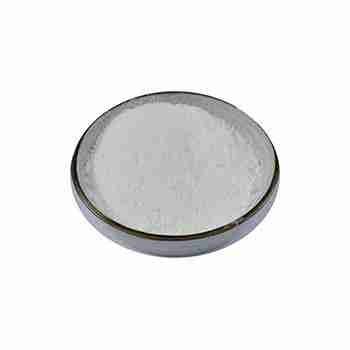
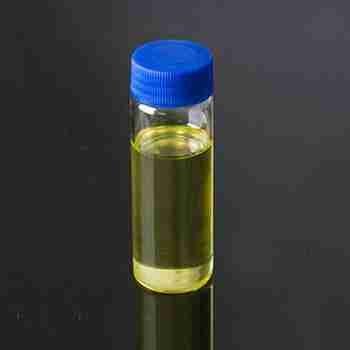
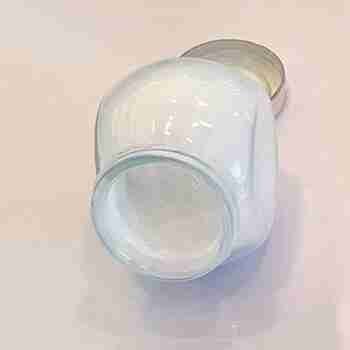
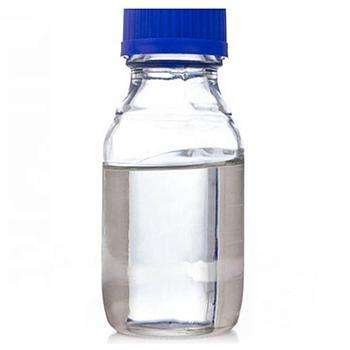
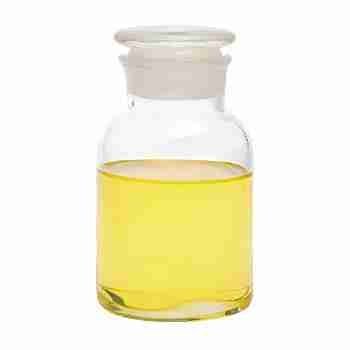
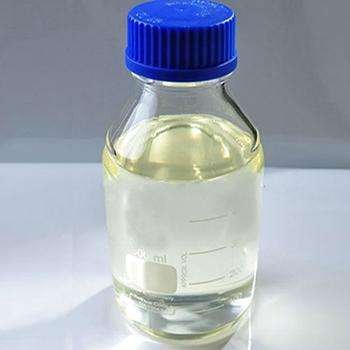
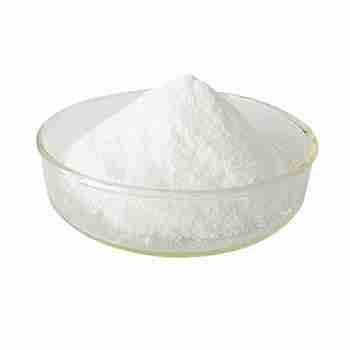
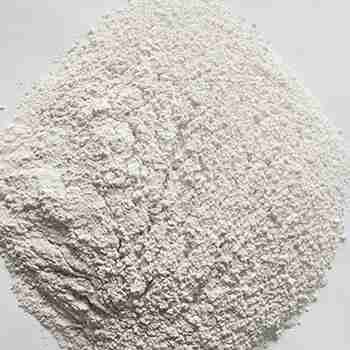
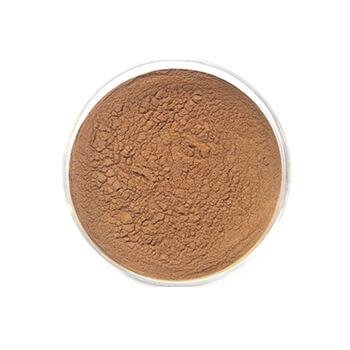
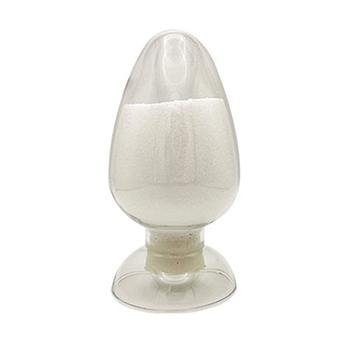
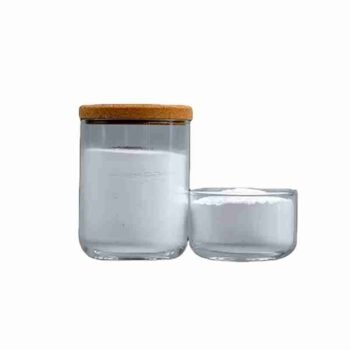
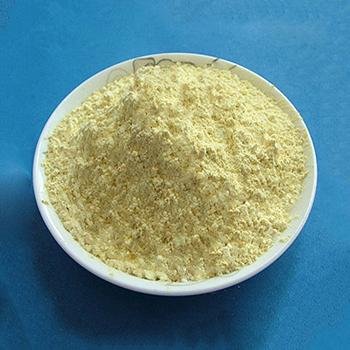
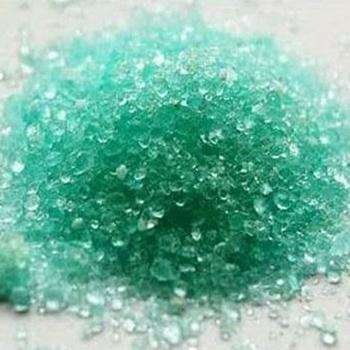
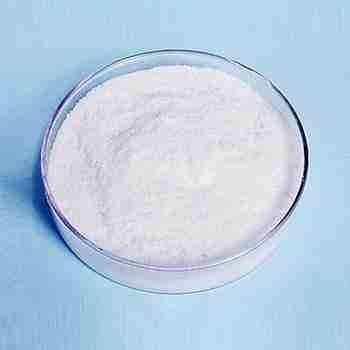
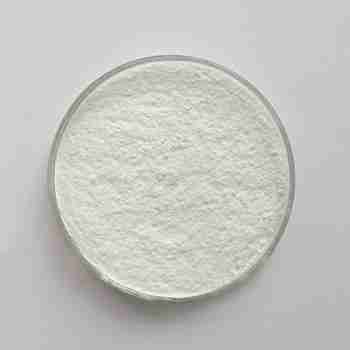
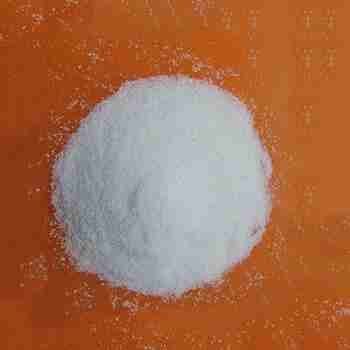
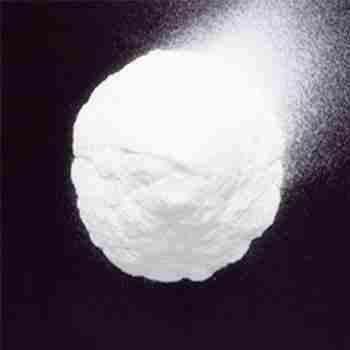
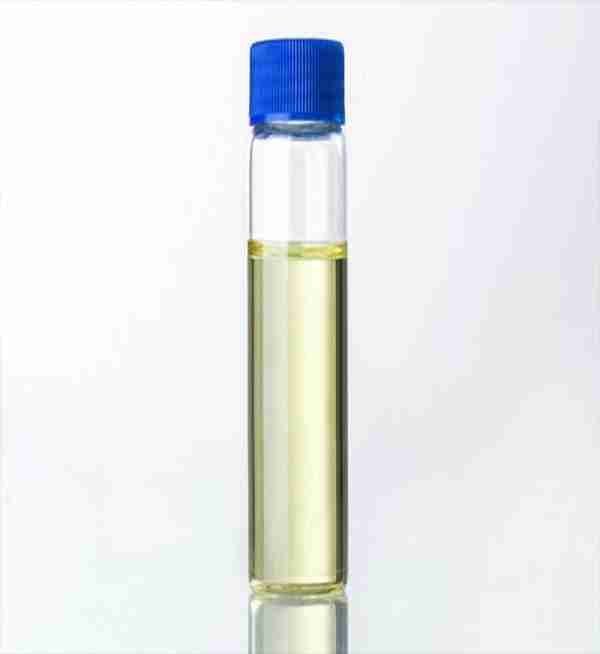
Reviews
There are no reviews yet.